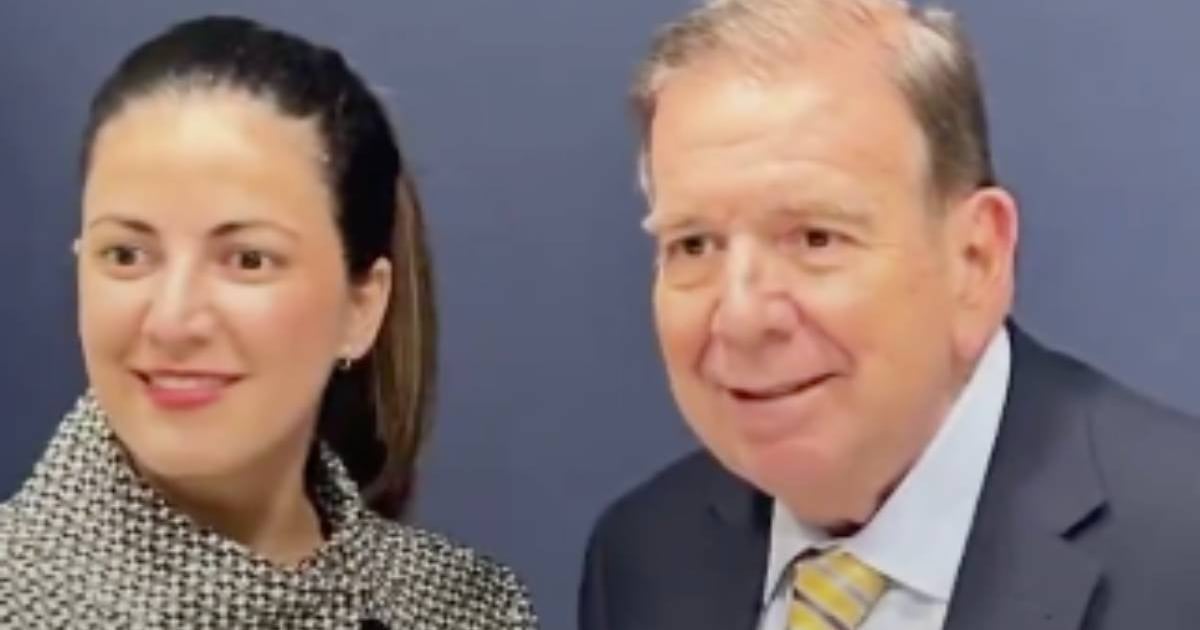During a meeting in Madrid, Edmundo González, recognized by the United States as Venezuela's elected president, conveyed his support to Cuban opposition leader Rosa María Payá, praising her as a tireless advocate for democracy and human rights across Latin America. On social media, González expressed gratitude for the chance to speak with Payá, who is at the forefront of the Cuba Decide movement.
"Rosa María, it was a great pleasure to talk with you. We share the struggles of our nations, but also the hope for change, despite the long road. Your fight is our fight," González declared.
The meeting occurred amidst Payá's visit to Spain, where González has been living in exile since September, and amid increasing international pressure concerning the political climates in both Venezuela and Cuba.
Rosa María Payá's Commitment to Venezuela's Cause
Payá, a staunch critic of the Cuban regime, reiterated her support for the Venezuelan cause, especially after the United States officially acknowledged González as the elected president of the South American country following the July 28 election. On Thursday, Ecuador also issued an official statement recognizing him as the rightful winner of the election that the chavista regime seeks to undermine. "It's time for Spain and the entire European Union to recognize the President chosen by Venezuelans," Payá urged.
The Cuban Regime's Influence in Venezuela
Additionally, Payá condemned the Cuban regime's interference in Venezuela's internal affairs, describing it as a significant factor in the breakdown of democracy in the South American nation.
Rosa María Payá is the daughter of Oswaldo Payá, a prominent opponent of the Cuban regime. Following his death under suspicious circumstances, Rosa María emerged as a fierce advocate for human rights and justice for her father.
A Documentary on the Payá Family's Struggle
Her activism is featured in the documentary "Night Is Not Eternal," which premiered on November 19 on HBO Max. Directed by Chinese filmmaker Wang Nanfu, the documentary delves into the broader struggle for democracy and human rights in countries under authoritarian rule, with a focus on the life and legacy of the Payá family, particularly Rosa María Payá.
